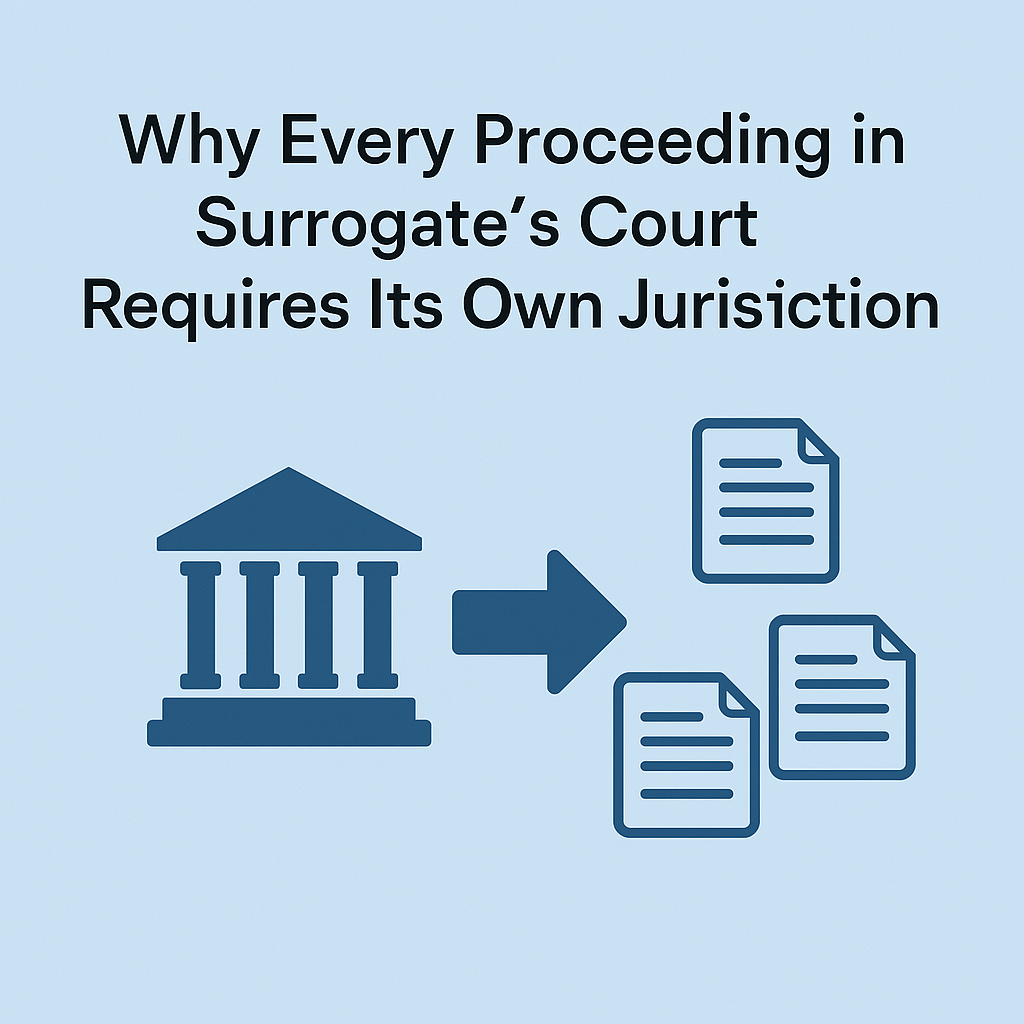EPTL 7-1.12: Supplemental Needs Trusts in New York governs supplemental needs trusts (SNTs) in New York, ensuring that assets in the trust do not disqualify a disabled beneficiary from means-tested government benefits like Medicaid or Supplemental Security Income (SSI). However, the statute permits certain optional provisions that expand the trustee’s discretion—raising important strategic considerations for estate planners and families.
One such provision, found in EPTL 7-1.12(a)(5), allows the trustee to make distributions for basic needs (such as food, clothing, shelter, or health care), even if such distributions might reduce or eliminate the beneficiary’s eligibility for government benefits. However, this authority comes with a built-in safeguard: If simply having this power would automatically disqualify the beneficiary, the provision becomes null and void.
Understanding the Optional Language in EPTL 7-1.12
EPTL 7-1.12(e)(2)(i) states that the following clause can be included if the creator elects:
5. Notwithstanding the provisions of paragraphs two and three above, the trustee may make distributions to meet the beneficiary’s need for food, clothing, shelter or health care even if such distributions may result in an impairment or diminution of the beneficiary’s receipt or eligibility for government benefits or assistance but only if the trustee determines that (i) the beneficiary’s needs will be better met if such distribution is made, and (ii) it is in the beneficiary’s best interests to suffer the consequent effect, if any, on the beneficiary’s eligibility for or receipt of government benefits or assistance.
This language expands the trustee’s authority beyond the traditional restrictions of an SNT, which typically prohibits distributions for food, shelter, and other basic needs to preserve government benefits. If included, it allows the trustee to balance the beneficiary’s immediate welfare against the long-term advantages of maintaining government assistance.
However, because the mere existence of such authority could create eligibility risks, a second clause may also be added:
(ii) If the trustee is provided with the authority to make the distributions as described in subparagraph (2)(i), the creator may elect to add the following clause:
; provided, however, that if the mere existence of the trustee’s authority to make distributions pursuant to this paragraph shall result in the beneficiary’s loss of government benefits or assistance, regardless of whether such authority is actually exercised, this paragraph shall be null and void and the trustee’s authority to make such distributions shall cease and shall be limited as provided in paragraphs two and three above, without exception.
This safety net provision ensures that if simply having the power to make basic needs distributions disqualifies the beneficiary from benefits, the expanded discretion automatically disappears, reverting the trustee’s authority to the standard strict SNT rules.
The remainder of the post, exclusive to Paid Subscribers, will discuss:
🔑 This post is for paying subscribers only
Sign up now and upgrade your account to read the post and get access to all premium content that is only for paying subscribers.
🔑 This post is for subscribers only
Sign up now to read the post. To get access to the full library of premium content, you must be a paying subscriber.
Already have an account ? Sign in
Hani Sarji
New York lawyer who cares about people, is fascinated by technology, and is writing his next book, Estate of Confusion: New York.


Related News
Understanding EPTL 7-1.12: Third-Party and Self-Settled Supplemental Needs Trusts in New York
Feb 27, 2025
NY: How SNT Distributions Affect Government Benefit Eligibility
Feb 27, 2025
EPTL 7-1.12: Supplemental Needs Trusts in New York
Feb 27, 2025